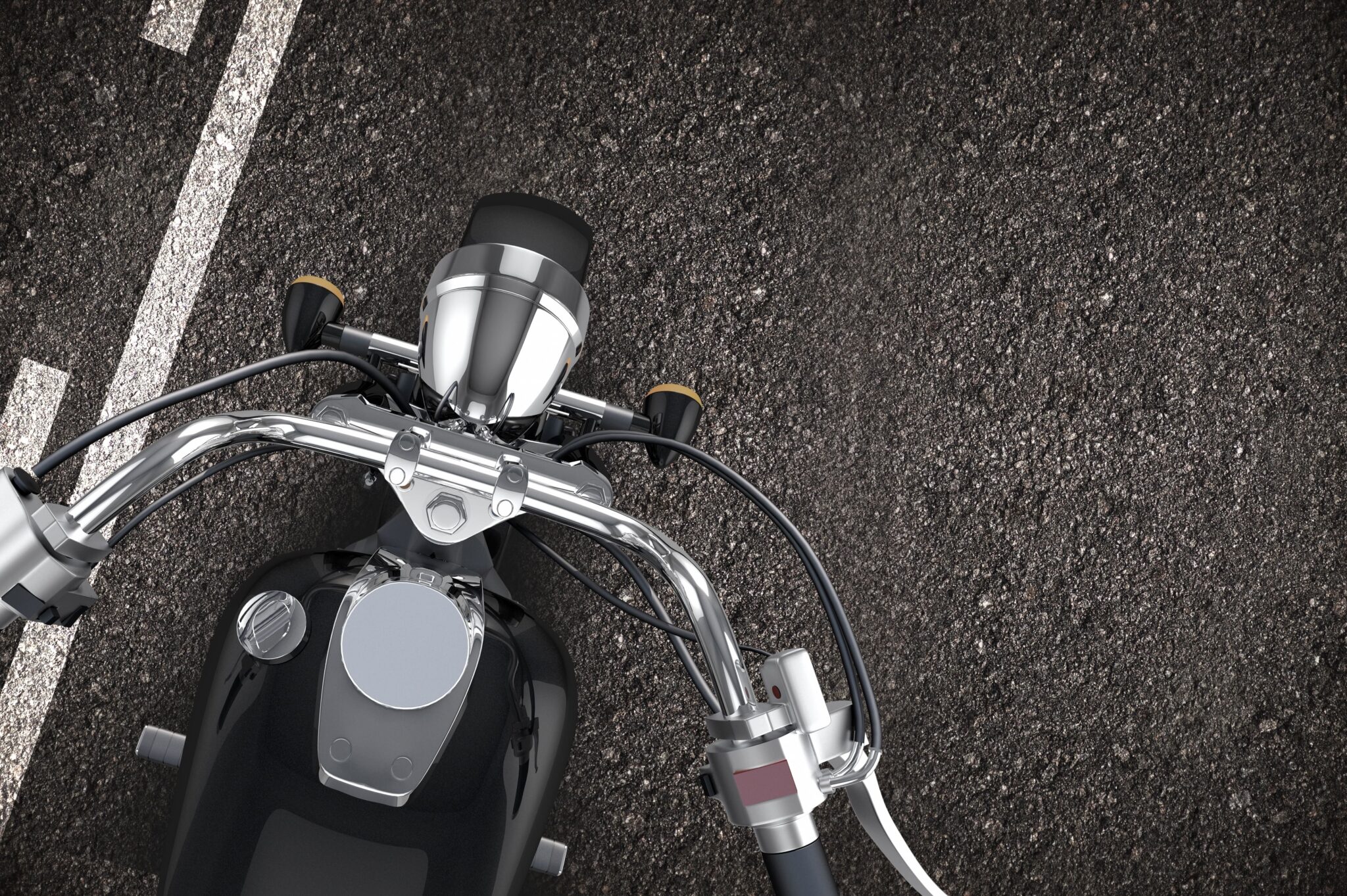Motorcycle Statutes To Remember When Riding in Virginia and North Carolina
Riders often know traffic laws better than the average driver. They have to since law enforcement profiling of riders is still a thing many motorcyclists have to contend with, whether they’re just riding to and from work or school or out on a road trip with friends.
Traffic laws are passed on a state-by-state basis, meaning a different set of rules apply once you cross a border from one state to another.
Here aresome laws to keep in mind when you’re out riding.

It’s Illegal to Discriminate Against Riders in Virginia
If someone tells you motorcycles aren’t allowed into this parking lot or parking garage or are illegal to use on any public roadways, they’re wrong. It’s illegal to deny riders access to any public roadway. Even a private facility usually can’t deny you and your fellow riders access if it was built using public funds.
In Which States Can You Use the HOV Lanes?
Motorcyclists are good for the environment since motorcycles pollute far less than traditional commuter cars and trucks. As such, many states encourage riding by allowing motorcyclists to use HOV lanes.
Riders can use HOV lanes in:
- Virginia
- North Carolina
Motorcyclists can also travel in the I-77 Express Lanes for free and without a transponder in North Carolina.
Helmet Laws
It’s easy for riders visiting a state to be unaware of the local motorcycle helmet and safety gear requirements. For the states in which the Motorcycle Law Group operates, the laws are:
- Virginia: Helmets and goggles or a face shield are required for riders under the age of 21. Goggles or face shields aren’t required if the motorcycle has a wind screen.
- North Carolina: Helmets with a retention strap are required for all riders.
What Are the Helmet Laws in the States Surrounding Virginia and North Carolina?
Kentucky also requires riders under the age of 21 to wear a helmet. The twist in Kentucky is that any rider who has a motorcycle learners permit or their motorcycle license for less than a year also must wear a helmet, regardless of age.
Tennessee has strict helmet laws. Every rider is required to wear one.
Only riders under the age of 18 are required to wear a helmet in Ohio, as well as those who only hold a “novice license” in the state.
Do Headlights Always Have to Be On?
North Carolina requires any motorcycle on public streets or highways to have their headlights (or headlamps) on at all times.
Can You Run a Red Light on Your Motorcycle?
This depends on the state and situation. For example, in North Carolina if you’re stuck at an intersection that uses an actuated traffic signal, like an inductive loop, you may be able to legally go through a red. The rule is you must:
- Come to a complete stop first
- No other vehicle with the right of way is approaching the intersection
- There aren’t any pedestrians crossing at or near the intersection
- You have to wait at least three minutes
In Virginia the time requirement is either two minutes or two complete cycles of the traffic light – whichever is shorter.
Get Help After a Motorcycle Accident in Virginia or North Carolina
TheMotorcycle Law Group is well versed in the motorcycle laws of our states because we are the Firm that Rides®. We’ve even advocated on behalf of motorcyclists to get some laws changed, like making it legal for Virginia riders to use the HOV lanes in our state.
Knowing local motorcycle laws inside and out isn’t just for our own safety – it also helps us better represent our clients who have been injured in motorcycle accidents.
If you or a loved one have been injured in a motorcycle crash, don’t hesitate to call(855) 529-7433 toschedule your free consultation.